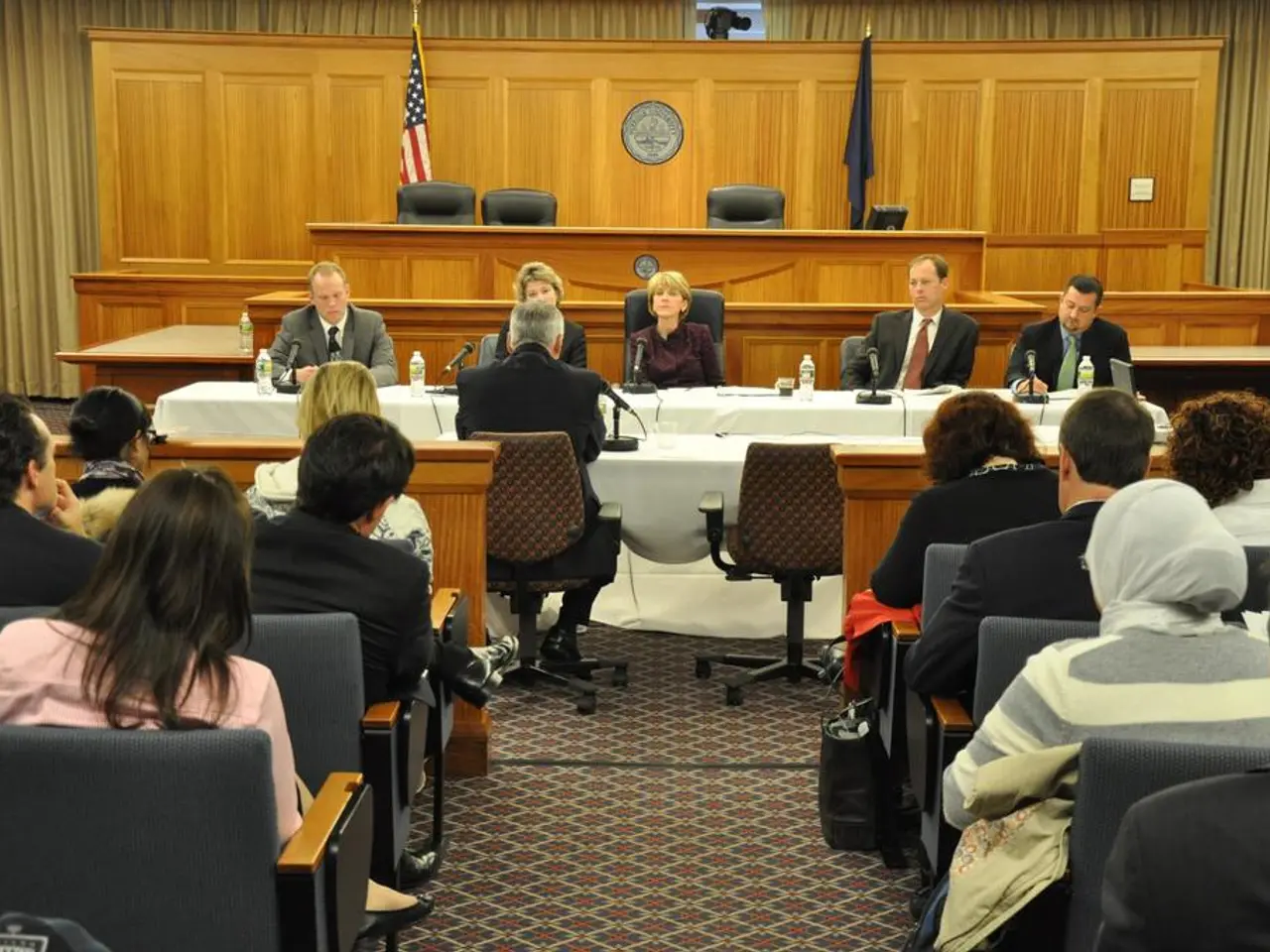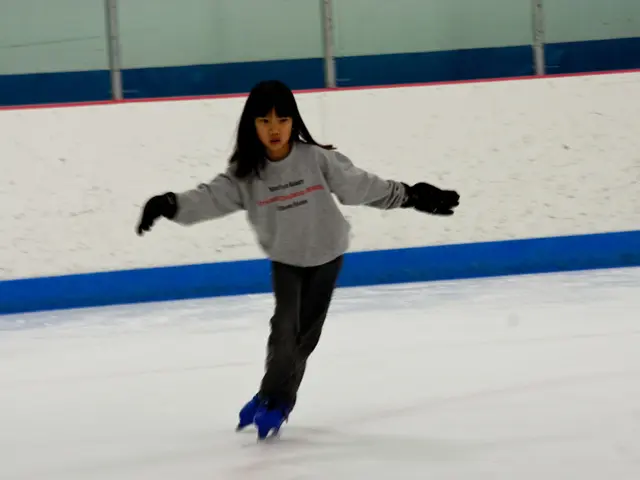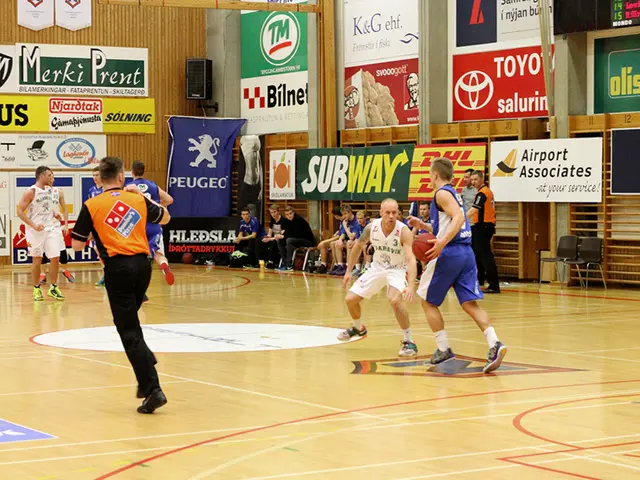International military leaders advocate for a "fair and enduring" peace in Ukraine; negotiations persist in pursuit of a resolution to end the ongoing war.
The NATO defence chiefs recently gathered for a crucial virtual meeting, the details of which remain undisclosed. The primary focus of the discussion was the security situation in Ukraine, a topic that has been at the forefront of international politics for several years.
The ongoing negotiations for a negotiated settlement to the war in Ukraine involve key issues such as Russia demanding recognition of all occupied territories, guarantees that Ukraine will never join NATO, curtailment of Ukraine’s military, and lifting sanctions on Russia. On the other hand, Ukraine demands a full Russian military withdrawal, return of prisoners and kidnapped children, war crimes prosecutions, and security guarantees against future aggression.
These negotiations began shortly after the invasion in early 2022, with various rounds in Belarus and Turkey. The Turkish talks proposed Ukraine forgoing NATO membership and limiting its military in exchange for Western security guarantees, without recognizing Russia’s annexation of Crimea. However, talks halted due to key disagreements, questions about Russia’s sincerity, and events such as the Bucha massacre.
Renewed negotiations started in 2025 after Donald Trump became US president. Trump’s administration broadly aligns more with Russian proposals, while European countries support Ukraine’s positions and have planned a ceasefire guarded by a "coalition of the willing" with troops on Ukrainian territory. However, Russia has rejected calls for a ceasefire.
The key elements being discussed include Russia's demand for recognition of occupied land, no NATO expansion to Ukraine, military limits on Ukraine, and sanctions relief. Ukraine, meanwhile, insists on full Russian withdrawal, prisoners returned, prosecution of Russian war crimes, and security guarantees from NATO/allies. The proposed security guarantees aim to be similar to Article 5 of NATO, which ensures mutual defense between allies.
The ongoing impasse largely stems from conflicting demands and lack of trust, with European countries and the US divided in their approaches. The meeting was marked by "excellent and sincere debate" among the representatives of the NATO member countries.
The President of the European Council, António Costa, highlighted the need to accelerate the work to put in place the security guarantees. The United States has offered aerial support but not the deployment of troops on the ground for the security guarantees. The 32 NATO members confirmed their support for Ukraine.
The meeting followed diplomatic efforts for a negotiated settlement to the war in Ukraine. The priority issue for international allies, including the European Union, the United States, and the Coalition of the Willing, is the design of future security guarantees for Ukraine. The proposed guarantees aim to prevent Ukraine from becoming a victim of new Russian attacks if peace is achieved.
In other news, the European Union has imposed sanctions on 4 more members of the International Criminal Court for investigating war crimes in Gaza and Afghanistan. The thoughts of the NATO representatives are with the brave combatants fighting on the ground in Ukraine.
[1] Source: Reuters, BBC News, and The New York Times [2] Source: Reuters Polling, 2025
Read also:
- United States tariffs pose a threat to India, necessitating the recruitment of adept negotiators or strategists, similar to those who had influenced Trump's decisions.
- Weekly happenings in the German Federal Parliament (Bundestag)
- Southwest region's most popular posts, accompanied by an inquiry:
- Discussion between Putin and Trump in Alaska could potentially overshadow Ukraine's concerns








